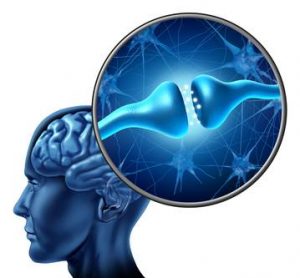
PTSD is a commonly misunderstood mental health condition, with a high number of sufferers not even aware initially of what they are suffering from, which is why this can be a difficult condition to diagnose and treat.
History
PTSD has been occurring for an unknown number of years, the misunderstanding is born from the variety of names it has been given in the past and the connotations of those scenarios – a common misconception is from the term ‘shell shock’ in World War I and ‘war neurosis’ during World War II. With historical terms like that, you can be forgiven for thinking that PTSD is something that only soldiers suffer from, but you could not be more wrong.
PTSD stands for Post Traumatic Stress Disorder and simply, is suffered by people after a traumatic event. This event could be anything and can affect any person at any time, the event only has to have the ability to cause fear, helplessness or horror. Another misconception of PTSD is that you have to be the person experiencing the event. Actually, this could just be something you have witnessed, something you have heard about a close family member or friend experiencing, or repeated exposure to information about an event, such as on jury service or in the course of your employment.

What is PTSD?
During any of the above happening, your brain can suspend normal functioning or processing of the events or information you are experiencing, in an effort to protect you from what is happening. This means that your mind does not then fully process the event into a memory in the way of non-traumatic experiences, meaning that when it does try to file these memories away sufferers of PTSD experience flashbacks to the event rather than sifting through a memory. These flashbacks can be intense and visceral and can be deeply distressing for the person experiencing this as it will transport them back to the original event.
Symptoms
Symptoms will vary from person to person and can be extensive, some include:
- Anxiety
- Hypervigilance
- Emotional numbness
- Trouble communicating how the sufferer is feeling

Resolutions
A tried and tested method of helping sufferers process traumatic memories is to revisit the original event in a safe and controlled way, exploring the emotions and events that have caused the PTSD. This is something I have a wide experience of helping people with and have found hypnotherapy to be extremely beneficial for sufferers. In order to combat the symptoms of PTSD, we must first enable your brain to process the traumatic memory to move past the flashback stage, by exploring this using hypnotherapy, your mind will feel more at ease to move and adjust the experience of these memories and will help to alleviate the symptoms you have been experiencing.

If any of the above is familiar to you, please come to see me or get in touch so I can discuss and explore ways to give you the peace of mind you deserve.
Contact- www.sonyahudson.com
